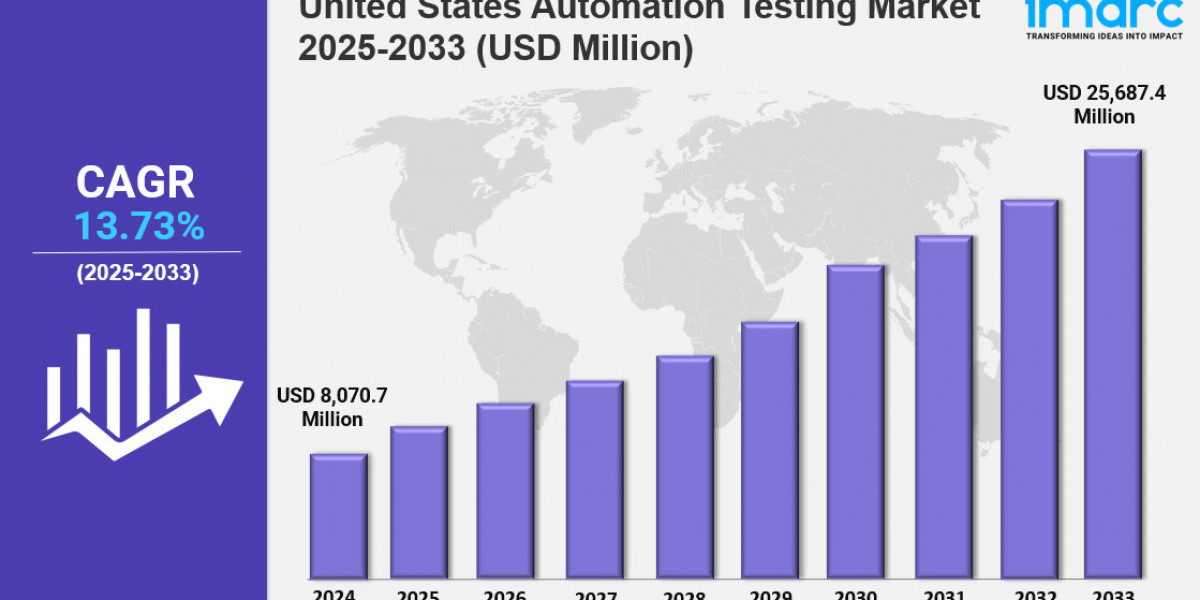Opening the market to millions, mobile platforms and simplified onboarding have made investing accessible to first-time and seasoned investors alike.
Lifetime free demat accounts remove annual maintenance charges and lower the friction of entering equity, ETF and mutual fund investing, making the first step straightforward and cost-effective.
Why Lifetime Free Demat Accounts Matter
A demat account stores your securities in electronic form; historically brokers charged an annual maintenance fee (AMC) for this service. Lifetime free demat accounts eliminate that recurring cost, which can meaningfully reduce long-term investing expenses — especially for buy-and-hold investors and small-ticket traders. Removing AMC improves compounding potential, lowers break-even points for active traders, and encourages disciplined saving and market participation.
Core Benefits at a Glance
Lower ongoing costs: No annual maintenance fees means more of your capital stays invested.
Simplified budgeting: Predictable fee structures make financial planning easier.
Better returns over time: Savings on AMC compound, enhancing net returns.
Accessibility for new investors: Lower entry costs reduce psychological and financial barriers.
Bundled services: Many brokers pair lifetime free demat accounts with competitive brokerage plans, research tools, and mobile trading features.
How Lifetime Free Demat Accounts Work
Opening a demat account still requires basic KYC (Know Your Customer) verification, PAN, Aadhaar linking (where applicable), and a bank mandate for settlements. Brokers who offer lifetime free demat accounts typically absorb the DP (Depository Participant) charges that would otherwise be billed annually. You still pay transaction-level costs — such as brokerage, STT (Securities Transaction Tax), exchange fees, and GST — so it’s important to compare total cost of trading, not just the absence of AMC.
Choosing the Right Broker: What to Compare
When evaluating brokers that offer lifetime free demat accounts, consider these factors beyond zero AMC:
Brokerage structure: Flat-fee per trade vs. percentage of trade value; which suits your volume and trade size?
Platform reliability: Order execution speed, uptime, and latency — crucial for active traders.
Research & tools: Charting, screeners, model portfolios, and advisory content.
Customer support: Fast, helpful service for settlements, disputes, and technical issues.
Hidden fees: Charges for physical statements, account closure, or inactivity.
Margin and leverage policies: Useful for derivatives traders but increases risk.
Security & compliance: Two-factor authentication, fund segregation, and regulatory standing.
Step-by-Step: Opening a Lifetime Free Demat Account
Shortlist brokers based on reviews, charges, and platform features.
Complete KYC online by uploading identity and address documents.
E-sign application using Aadhar OTP or other accepted digital signatures.
Link your bank account (for pay-in and pay-out) via an e-mandate or netbanking authorization.
Activate trading credentials and test with a small trade to confirm settlement and linkage.
Explore platform features — set alerts, paper trade (if available), and configure risk limits.
Account Types and Who They Suit
Long-term investors: Prefer brokers with low or no AMC and minimal trading fees; focus on safe custody and easy SIPs into ETFs and mutual funds.
Active traders: Look for low per-trade brokerage, reliable order routing, and advanced charting tools. Lifetime free demat accounts help lower fixed costs, but brokerage on execution still matters.
Beginners: Value helpful onboarding, educational content, and easy-to-use mobile apps. A lifetime free demat account paired with a demo or guided mode accelerates learning.
Derivatives traders: Consider margin policies, intraday charges, and risk management tools — the absence of AMC is helpful but secondary to margin and execution quality.
Practical Tips to Maximise Value
Compare total cost of ownership: Add brokerage, transaction taxes, call & trade fees, and incidental charges.
Use limit orders for better pricing: Reduces slippage compared to market orders during volatile sessions.
Monitor ledger regularly: Ensure dividends, corporate actions, and stock splits reflect accurately.
Keep KYC updated: Avoid service interruptions by renewing documents early.
Use multiple channels: Phone, email, and in-app chat can differ in resolution speed; note what works best for your broker.
Common Myths and Misconceptions
“Zero AMC means free trading.” Not true — trading incurs exchange fees, taxes, and brokerage. Zero AMC simply removes one recurring fee.
“Lifetime free implies lifetime service guarantees.” Brokers can revise policies; read terms for exit fees or service changes.
“All lifetime free accounts offer the same quality.” Platform features, reliability, and customer service vary widely. Always trial a platform before committing capital.
Risk Management & Compliance Considerations
Free custody does not remove the need for risk controls. Keep position sizing, stop-loss discipline, and diversification central to your strategy. Also, confirm that your broker follows regulatory norms (clearinghouse membership, audit trails), and offers transparent reporting for tax filings. For investors planning to trade derivatives or margin products, understand the margin call mechanism and liquidation rules.
Technology, Mobile Trading and Tools
Modern brokers complement lifetime free demat accounts with mobile trading apps, APIs, and robo-advisory integrations. Prioritize platforms with fast chart rendering, customizable watchlists, and seamless fund transfers (UPI/NACH/netbanking). For users trading across asset classes — equities, F&O, commodities — a unified interface reduces errors and simplifies portfolio tracking.
How to Transition from Another Broker
Initiate a DIS/Transfer: Use the broker’s demat transfer process (Offline DIS or online inter-depository transfer) to move holdings.
Check for transfer charges: Some brokers charge transfer-out fees even if they offered a free account.
Time your transfer: Avoid corporate action windows and record dates that might interfere with transfers.
Verify holdings post-transfer: Reconcile share counts, corporate actions, and dividend histories.
Central Insight: Cost Efficiency Meets Convenience
For many investors, the combination of competitive brokerage and a lifetime free demat account represents the sweet spot: cost-effective custody plus a platform that supports execution and research. While AMC savings are attractive, prioritize a broker that offers robust execution, transparent pricing, and reliable customer service.
lifetime free demat accounts can remove a small but persistent drag on returns, particularly for buy-and-hold investors and those building long-term wealth via periodic investments.
Final Thoughts and Recommendation
Choosing a demat provider is a long-term decision. While lifetime free demat accounts remove annual custody charges, the overall trading experience — from execution speed and platform stability to research tools and customer service — determines your investing success. If you value low fixed costs but also need a robust platform, shortlist brokers, test their mobile and web apps, and compare real execution experiences. In the final stage, prioritize transparency in fee schedules and confirm that features you rely on (margin, API access, advanced charts) match your trading style.
By balancing cost savings with functional quality, you can use lifetime free demat accounts together with the right broker tools to build a frictionless, cost-efficient pathway into the markets. Choose wisely and trade responsibly — combine low-cost custody with proven execution and the right education to make the most of your investing journey using lifetime free demat accounts and best trading apps in India.
Frequently Asked Questions (Short)
Do lifetime free demat accounts charge for account closure? Some brokers may. Always check terms and closure fee schedules.
Will my investments be safe with free accounts? Custody safety depends on the broker’s compliance and the depository they use (NSDL/CDSL). Verify credentials.
Can I trade across asset classes with these accounts? Yes, most support equities, ETFs, and mutual funds; derivatives depend on the broker’s offering.
Are there limits on number of holdings? No, but intraday and margins may be subject to broker policy.








